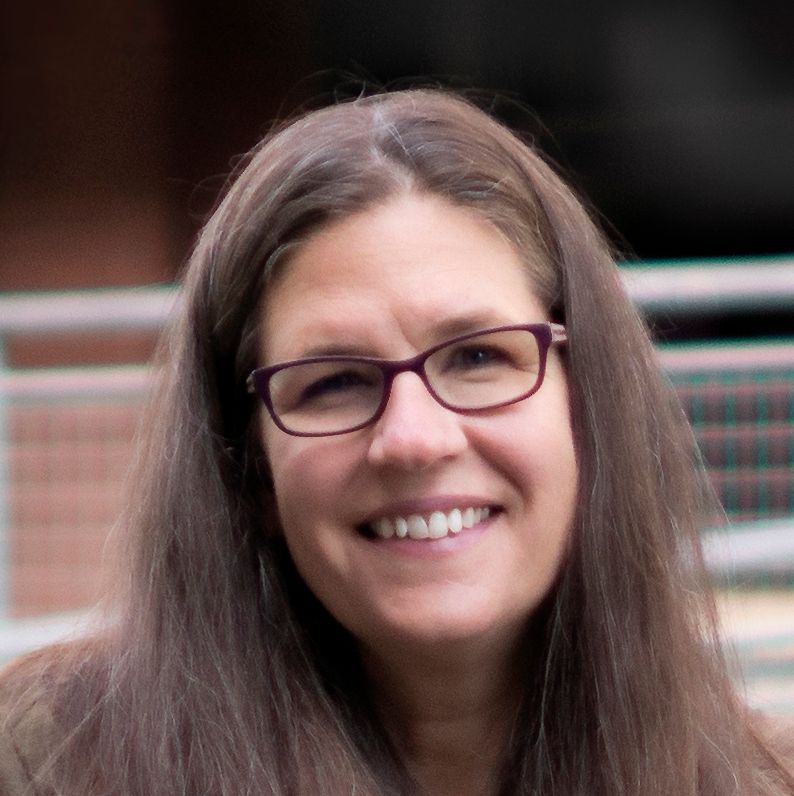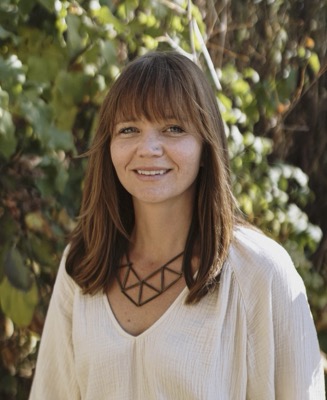|
Designing for Resilience: A Path to Spaces that Support Healing
Tuesday, April 16, 2024, 3:00 PM - 4:30 PM CDT
Category: Events
 Designing for Resilience: A Path to Spaces that Support HealingDate: April 16th, 2024Time: 3:00 pm - 4:30 pm EST
Cost: $35 Members | $75 Nonmembers Whether we are aware or not, how we feel, act, and think is shaped by how we experience the spaces in which we find ourselves every day. We may feel safe or threatened, welcome or rejected, cared for or neglected in some spaces. For those who already feel unsafe, rejected, or neglected, such as those who have experienced trauma, environmental design, if done poorly, may exacerbate their trauma responses. To avoid this, it is imperative that spaces in which they receive services – e.g., justice centers, shelters, or community resource centers – are designed to consider their unique needs and experiences. Trauma-informed and healing-centered design prioritizes the needs of trauma survivors by drawing on wholistic, evidenced-based design principles shown to facilitate healing and resiliency and compassionately engages survivors in the design process. Using real-world examples, this training introduces evidence-based design principles for environments that facilitate healing and resiliency and offers a way to assess existing environments for their healing characteristics. Participants will also learn about thoughtful, nimble, and relational participatory design processes that engage survivors in the creation of healing-centered environments. Learning Objectives RegisterMeet the Presenters:Barb Toews - Associate Professor in criminal justice at University of Washington Tacoma. Barb's research focuses on the relationships among restorative justice, environmental design, and psycho-social-behavioral-judicial and trauma healing outcomes for people who have been harmed, people who have caused harm, and justice practitioners. Barb has numerous journal articles and technical reports related to design, including Trust-Building through environmental design: A design toolkit and Common Justice office design: Spaces of Healing Energy, both in collaboration with Designing Justice+Designing Spaces, and Make yourself at home: Evaluation of Candace House and Healing Haven. Amy Wagenfeld (PhD, OTR/L, SCEM, EDAC, FAOTA) - Affiliate Associate Professor in the University of Washington’s Department of Landscape Architecture and Principal of Amy Wagenfeld | Design, a therapeutic design consulting organization.
Garrett Jacobs - Founder of the Open Architecture Collaborative.
Julie Stevens - Associate Professor of Landscape Architecture at Iowa State University.
|

 Prev Month
Prev Month View Month
View Month Search
Search Go to Month
Go to Month Next Month
Next Month Amy is
Amy is  Garrett previously led programs and national networks at Code for America and Architecture for Humanity. He has produced creative placemaking and leadership programs in the Bay Area, most recently piloting Pathways to Equity. Garrett serves as Director of Research & Evaluation for Designing Justice Designing Spaces (DJDS) and continues to provide community project management support. Garrett has published works on Trauma Informed Design within the Restorative Justice field and leads the DJDS' building evaluation program. He has an M. Arch from Tulane University, and was selected as a 2016 Next City Vanguard.
Garrett previously led programs and national networks at Code for America and Architecture for Humanity. He has produced creative placemaking and leadership programs in the Bay Area, most recently piloting Pathways to Equity. Garrett serves as Director of Research & Evaluation for Designing Justice Designing Spaces (DJDS) and continues to provide community project management support. Garrett has published works on Trauma Informed Design within the Restorative Justice field and leads the DJDS' building evaluation program. He has an M. Arch from Tulane University, and was selected as a 2016 Next City Vanguard. Julie Stevens, Associate Professor of Landscape Architecture at Iowa State University, has developed an innovative partnership with the Iowa Department of Corrections to create therapeutic environments for prisons. She has worked with organizations supporting youth in crisis, shelter care, and substance use treatment to create trauma-informed designs. With these projects, Stevens and her students have been presented with three Excellence in Community Service Awards from the American Society of Landscape Architects.
Julie Stevens, Associate Professor of Landscape Architecture at Iowa State University, has developed an innovative partnership with the Iowa Department of Corrections to create therapeutic environments for prisons. She has worked with organizations supporting youth in crisis, shelter care, and substance use treatment to create trauma-informed designs. With these projects, Stevens and her students have been presented with three Excellence in Community Service Awards from the American Society of Landscape Architects. Export Event
Export Event